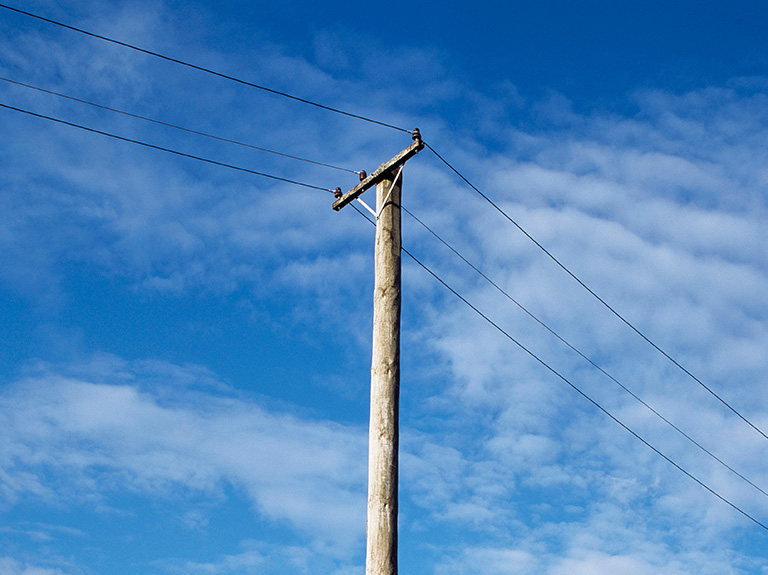Today we’re announcing that parts of more than 100 markets are live with 5G Evolution. It’s also a great opportunity to set the record straight on what this technology is and how exactly it prepares us to be the first to mobile 5G. Most importantly, I want to explain how our customers are benefitting now.
Deploying 5G is like building a home – you start with the foundation. It needs to be strong and sturdy. After all, it supports everything you are constructing on top. For example, before you can build out the playroom or open-concept kitchen, you need a strong foundation in place. It must also be built the right way. Just ask anyone who’s ever dealt with a foundation issue, it’s extremely difficult and expensive to go back and repair later.
Here’s a closer look at our blueprint for our 5G house, including how technologies such as 5G Evolution, software defined networking, and our robust national fiber network are the right building blocks.
5G Evolution and LTE-LAA– The Foundation
We’re laying the 5G network foundation with 5G Evolution and LTE-LAA. In technology terms, that means we’re upgrading cell towers with LTE Advanced features like 256 QAM, 4x4 MIMO, and 3-way carrier aggregation. These technologies serve as the runway to 5G by boosting the existing LTE network and priming it for the future of connectivity. We can enable faster speeds now, and upgrade to 5G when it’s ready.
Case in point, we’ve named three cities where we’ll start launching standards-based mobile 5G later this year – Waco, Atlanta, and Dallas. All three of those cities have 5G Evolution technologies in place now that are setting the stage for 5G.
Another example is Puerto Rico. After the devastating destruction from Hurricane Maria and the massive restoration effort, we’ve rebuilt the network preparing for a 5G future. This includes installing more fiber, more small cells and small cells infrastructure, adding network capacity, and hardening sites to ensure we have the right foundation in place. We’ve rebuilt from the ground up in many areas and we’re proud to now have 4 markets on the island live with 5G Evolution.
And we’re not stopping there. No matter what our competitors might claim, our investment in the future of 5G is bringing real benefits to real customers.
For example, PC Mag saw peak wireless speed of 537Mbps in parts of Chicago where we recently launched our latest technology, LTE-LAA. At those speeds, downloading a full HD movie typically takes less than a minute.
That’s what a rock-solid foundation looks like.
Software Defined Networking and Fiber – The Framework
With the foundation in place, then it’s time to build the framework. For our 5G house, the framework is software-defined networking. SDN and related elements like white box and Network AI are also the wiring, plumbing, and insulation behind the walls. You can’t see it, but it’s essential to support the massive data use 5G will bring.
We were the first service provider to go all-in on SDN. We recently announced that we reached our goal of virtualizing 55% of our network in 2017 and set a goal of 65% for 2018. 5G will be the first network to be born in the cloud. That means that once the 5G radios are installed, we can use software to add new features and upgrades – easily and cost-efficiently. Our SDN initiative makes that possible, and when coupled with our strong, nationwide fiber network providing end-to-end backhaul support, it’s one powerful framework supporting the 5G future.
5G also introduces new elements that will greatly add to network complexity and flexibility, including millimeter wave and network slicing. This simply means the network will have more variables that we’ll be able to adjust quickly and efficiently on the fly thanks to software.
5G – The Completed Home
With a solid foundation and framework in place, then it’s time for everything else. Standards-based 5G is the walls, roof, paint, tile, and the family photos on the wall – all the things that make a house a home.
We’ll continue to build our 5G foundation across the country and along the way we’ll keep sharing updates on 5G trials, new 5G Evolution markets, new LTE-LAA markets, and name more cities where we’ll launch standards-based mobile 5G in 2018.
We’re building now to prepare for a 5G future.

Andre Fuetsch is president of AT&T Labs and Chief Technology Officer


